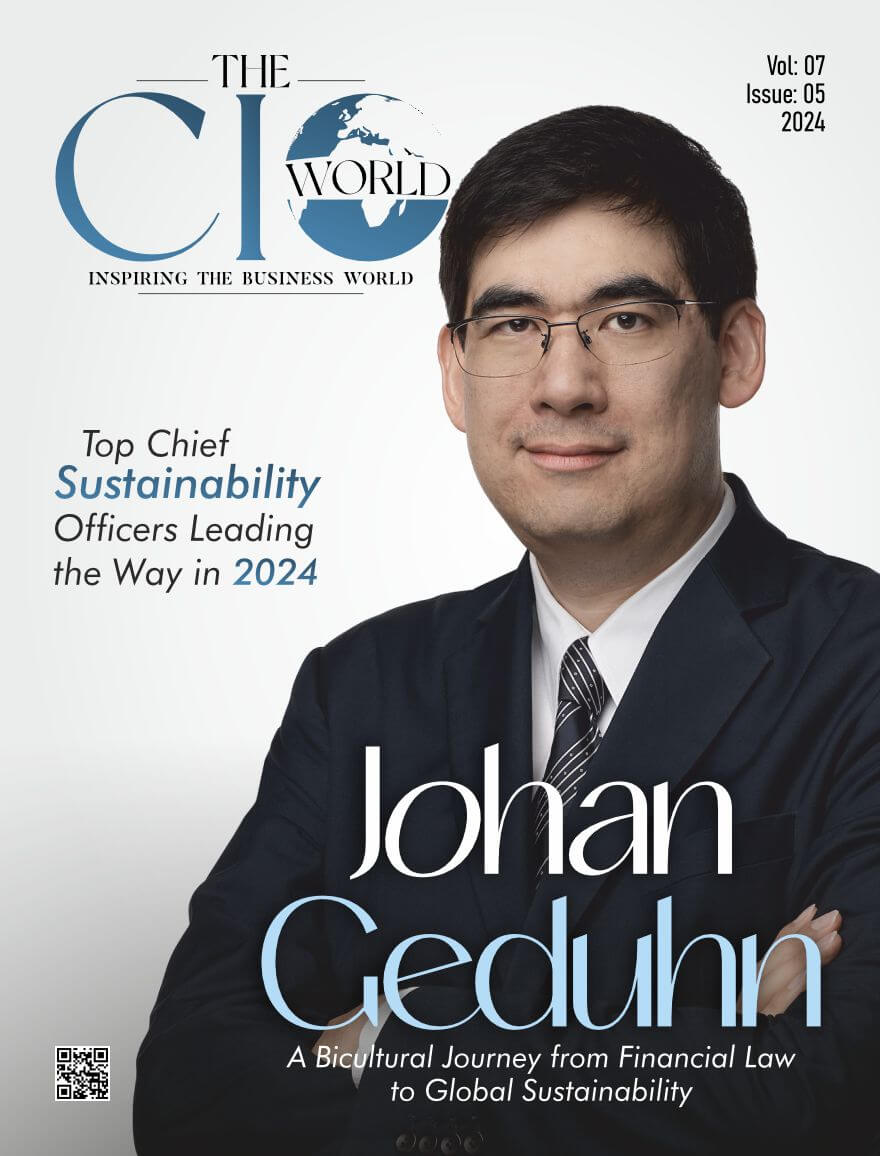The impact of El Nino and climate change on cocoa crops has raised concerns as the phenomenon is expected to persist from January to March 2024, with a 71% chance of intensification from November to January, according to the latest El Nino-Southern Oscillation Outlook. The frequent extreme weather events associated with El Nino and climate change, such as hotter temperatures and shifts in rainfall patterns, can damage cocoa pod development and facilitate the spread of pests and diseases.
This poses a significant threat to cocoa production, particularly in West African countries, which produce nearly 75% of the global cocoa supply. The financial cost of climate change can be substantial, affecting the livelihoods of farmers and posing risks to food security. The top cocoa-producing countries, including Ivory Coast, Ghana, and Indonesia, are vulnerable to extreme weather conditions.
As temperatures rise, suitable areas for cacao cultivation are expected to shift uphill by 2050, requiring cocoa farmers to consider higher-altitude regions for cultivation. The financial damage of climate change, including El Nino, is currently unquantified for Ivory Coast and Ghana, but it poses a severe economic disruption risk across Africa. Cocoa prices have surged to high premiums, reaching the highest levels in 50 years. To address the challenges, climate adaptation and mitigation efforts are crucial but can be costly, requiring significant investments.
Private sector capital and initiatives by non-profit organizations, such as the Rainforest Alliance’s Restore project, are essential to building resilience in the cocoa sector and helping farmers adapt to climate change. Despite the challenges, there is some relief as cocoa cultivation may fare better than expected in 2023 due to higher levels of rainfall easing the impact of elevated droughts associated with El Nino.
Read More: https://thecioworld.com/







